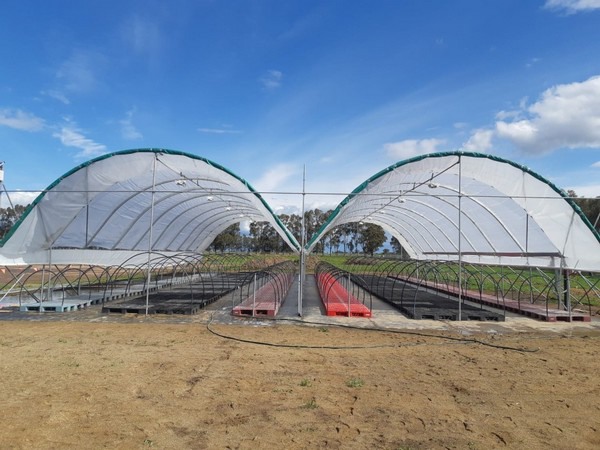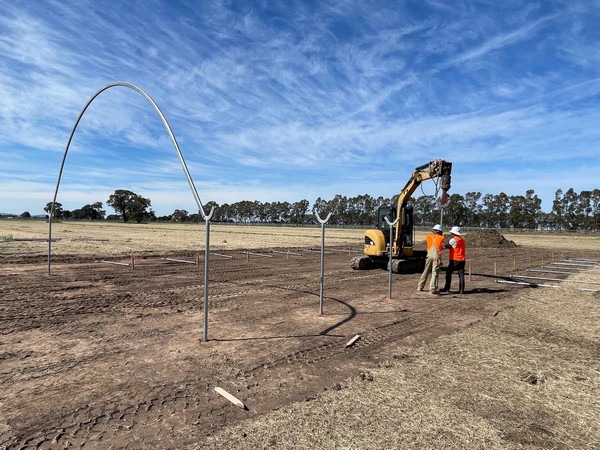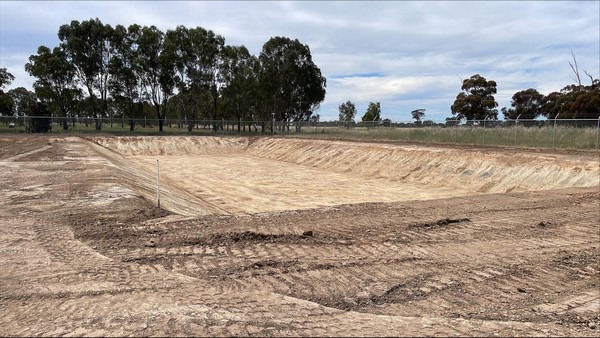Australia’s new policy of net zero emissions by 2050 is not just a moral ambition but a seismic economic and cultural shift. All industries will have to adapt previous practices to the new world order which will have a high emphasis on circular economy, innovation for sustainability as well as ethical investment. "Those who are slow to jump on the wagon will be dragged behind it," says Tommy Huppert, CEO of Cannatrek.
"In the cannabis industry we are (again) poised to lead the field for a number of reasons," he continues. "Our investments have often involved long-term thinking, seeing the bigger picture rather than just short-term gains. As relative newcomers, adaptation and change is less burdensome. We have overcome many barriers in actualizing our vision and we are resilient. The cannabis industry and innovation are already good friends."

"Working with the miracle of plants, many in our industry hold a relatively high sense of responsibility to mother nature. In practice, this means the cannabis industry, from growers to product manufacturers, needs to not only mitigate, but transform any harmful aspects of our industry, like soil degradation, waste disposal, energy costs, and packaging."
Here’s how the transformation can look. "Cannatrek is launching its Shepparton operation which ticks all the boxes. The Shepparton operation is energy independent, aiming for 100% renewables. Relying on a mix of clean solar energy and future energy hydrogen, pollutants like diesel are stored as back-up only, so we have completely upended the energy equation."

"We implemented a circular economy in the facility by taking side-products and waste for reuse and producing plant-based packaging. The pharmaceutical industry has a long way to go to convert from its religious reliance on single-use plastics."
"Plants replacing plastics is the future, but hemp cellulose-plastic is in fact not new. The diverse use of the ancient cannabis plant is undergoing a much-needed renaissance. If in 1941 Henry Ford had already investigated the ways that hemp could be used in the production of a motor vehicle, then in 2021 it could and should have been in widespread use and saved us countless environmental damages."
Location is essential for sustainability. "From transport to soil use, the implications for the planet of not just what and how we grow, but where we grow cannot be understated," he points out. "Access to rain water and clean water for agricultural production was the reason to build our new facility in the Goulburn Valley, the fruit capital of Australia."

"As a cannabis industry leader in Australia, we have built sustainability into our business model from day one.
"But where does that leave us in relation to the global cannabis market? World leaders are increasingly on the same page and the commitments that many countries have taken to the UN Climate Summit called COP26 will translate into national policies across the globe, for example by including emission costs and penalties in international trade agreements."
"I feel lucky to be in Australia where we have the ability to jump on the wagon early and teach others how it’s done. We’re not perfect but we’re getting there," he concludes.
For more information:
Cannatrek
1300 1 CANNA
info@cannatrek.com
cannatrek.com.au
